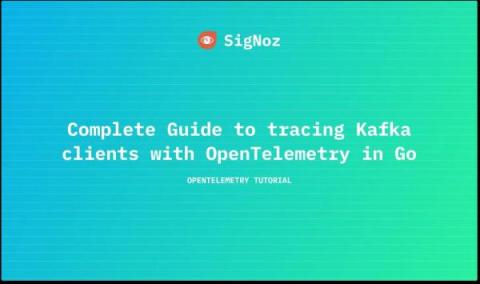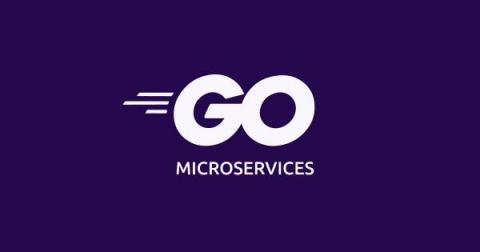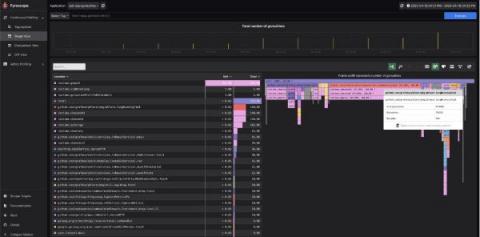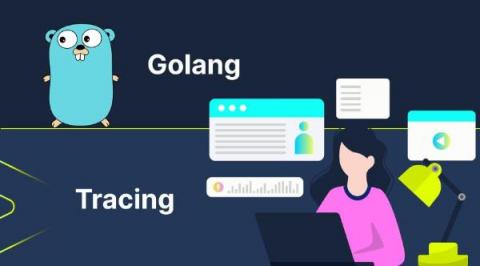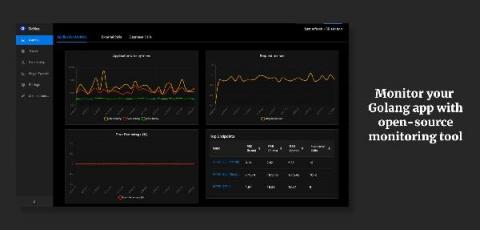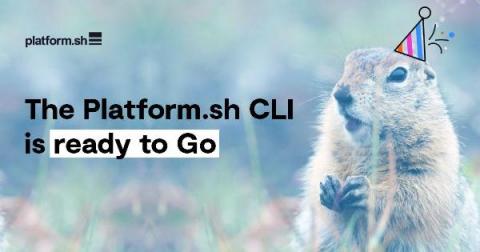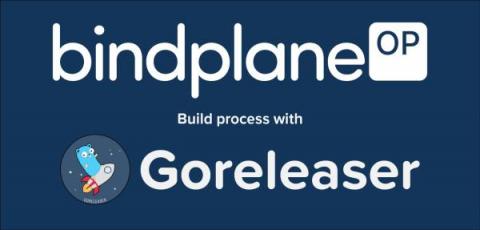Operations | Monitoring | ITSM | DevOps | Cloud
Go
A guide to Golang microservices
Golang microservices add efficiency, agility, modularity, and scalability to microservices, increasing performance and improving the user experience. Read on to learn more.
How to troubleshoot memory leaks in Go with Grafana Pyroscope
Memory leaks can be a significant issue in any programming language, and Go is no exception. Despite being a garbage-collected language, Go is still susceptible to memory leaks, which can lead to performance degradation and cause your operating system to run out of memory. To defend itself, the Linux operating system implements an Out-of-Memory (OOM) killer that identifies and terminates processes that consume too much memory and cause the system to become unresponsive.
Deploy a Dockerized Go application to Azure
As a software engineer, one of your goals is to ensure that your product can be accessed globally by your customers. It’s not enough that an app is bug-free and works flawlessly if it only works on localhost. Docker was introduced to solve the “it works on my machine” problem. For example, the particular version of a programming language a developer is using on Windows or MacOS may not be working on the hosting server.
Golang Distributed Tracing - OpenTelemetry Based Observability
OpenTelemetry (OTel in short) is an open-source observability framework that provides a standard set of vendor-agonistic SDKs, APIs, and tools to connect with observability backends. It supports all major programming languages, including Java, Python, Node.js, and Go. However, Golang tracing by integrating OTel with Golang is particularly challenging due to several reasons.
How to set up Golang application performance monitoring with open source monitoring tool - SigNoz
In this article, learn how to setup application monitoring for Golang apps using an open-source solution, SigNoz. If you want to check our Github repo before diving in 👇 Scalability, Reliability, Maintainability... The list goes on for the benefits of microservices architecture in today's world. But along with these benefits also comes the challenges of complexity.
Helping Go teams implement OpenTelemetry: A new approach
OpenTelemetry (OTel), the emerging industry standard for application observability and distributed tracing across cloud-native and distributed architectures, is becoming an essential tool for Go developers. However, implementing OTel with Go to send data to observability platforms is hardly a straightforward process. At Helios, we’re on a mission to help as many teams as possible adopt distributed tracing.
The Platform.sh CLI is ready to Go(lang)
The developer experience just got so much better with the latest Platform.sh CLI release. Designed and engineered to help developers manage their daily work environments more efficiently, this incredible tool is ready to Go for our entire developer community, becoming language independent with no need to install PHP, and embracing the distribution standards. With the Platform.sh CLI, developers can easily use and manage their projects directly from their terminal.
OpenTelemetry Logs, OpenTelemetry Go, and the Road Ahead
We’ve got a lot of OpenTelemetry-flavored honey to send your way, ranging from OpenTelemetry SDK distribution updates to protocol support. We now support OpenTelemetry logs, released a new SDK distribution for OpenTelemetry Go, and have some updates around OpenTelemetry + Honeycomb to share. Let’s see what all the buzz is about this time! 🐝🐝
BindPlane OP Build Process - Using Goreleaser
BindPlane OP is written in Go. It is a single http webserver, serving REST, Websocket, and Graphql clients. It includes embedded react applications for serving the user interface. Go provides us with the ability to produce a single binary program that has no external dependencies. The binary is not dynamically linked to external libraries, meaning it is easy to build, deploy, and run on any platform supported by the Go compiler. BindPlane OP officially supports Linux, Windows, and macOS.


